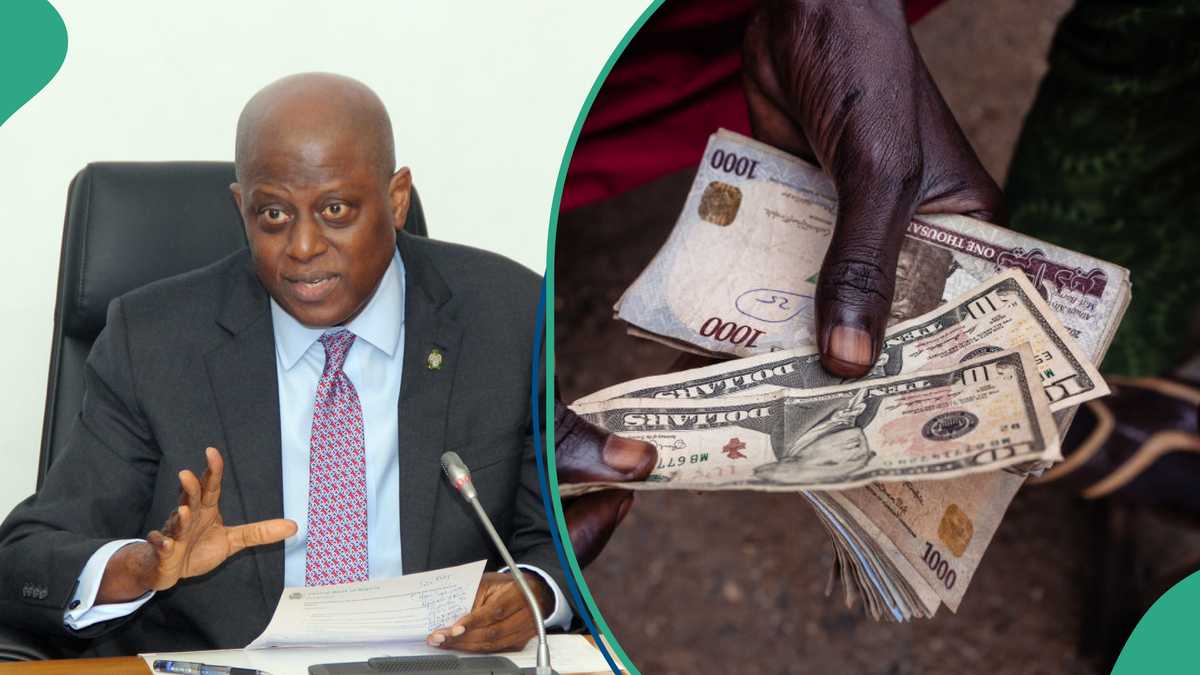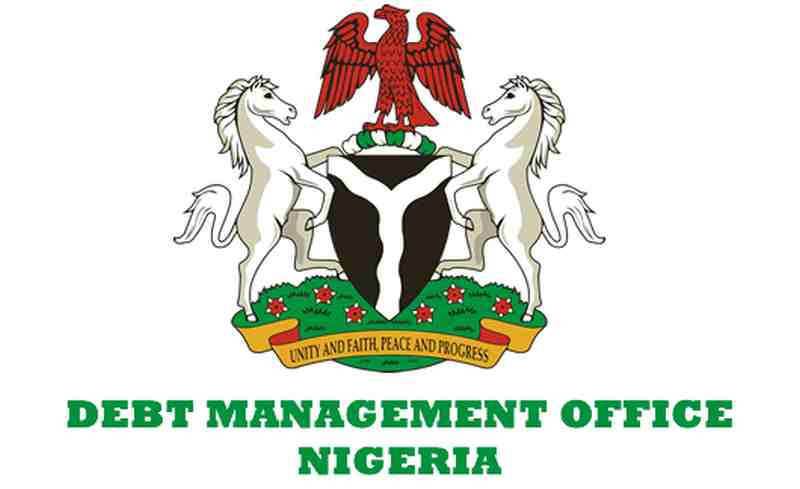CBN Retains Benchmark Interest Rates at 27.5%

The Central Bank of Nigeria (CBN) has decided to maintain the Monetary Policy Rate (MPR) at 27.5% for the second consecutive time in 2025. The decision, announced by CBN Governor Olayemi Cardoso after the 300th meeting of the Monetary Policy Committee (MPC) in Abuja, reflects a unanimous agreement among committee members. This benchmark interest rate serves as a key tool for influencing borrowing costs, inflation, and overall economic activity in Nigeria.
Alongside the MPR, the MPC also retained other critical policy parameters. The Cash Reserve Ratio (CRR) for Deposit Money Banks remains at 50%, while it is set at 16% for Merchant Banks. The liquidity ratio was also maintained at 30%. These decisions indicate a cautious approach aimed at balancing economic stability and managing inflationary pressures.
Governor Cardoso explained that the decision to hold rates steady was motivated by the need to assess near-term developments more thoroughly. The committee acknowledged some improvements in key macroeconomic indicators, which are expected to support overall moderation in prices in the near to medium term. These improvements include the narrowing gap between the Nigerian foreign exchange market and Bureau de Change (BDC) windows, a positive balance of payments position, and easing prices of Premium Motor Spirit (PMS).
The MPC also recognized the progressive moderation in food inflation, commending the government’s efforts to increase food supply and combat insecurity, particularly in farming communities. Security agencies were encouraged to sustain their efforts, while the government was urged to provide necessary inputs to farmers to further boost food production.
Despite these positive trends, the committee acknowledged persistent inflationary pressures, driven primarily by high electricity prices, sustained foreign exchange demand, and other structural factors. The MPC noted new policies introduced by the federal government aimed at boosting local production, reducing foreign currency demand, and mitigating the pass-through effect on domestic prices.
Governor Cardoso highlighted the relative stability observed in the foreign exchange market, urging the bank to continue implementing ongoing reforms to further enhance market confidence. He also called on the fiscal authorities to strengthen efforts to increase foreign exchange earnings, especially from gas, oil, and non-oil exports.
Cardoso announced that Nigeria’s foreign reserves had risen to $38.90 billion as of May 16, 2025, representing a 2.85% increase from $37.82 billion at the end of March 2025. This level of reserves provides an import cover of six months for goods and services. Furthermore, the balance of payments recorded a surplus of $1.10 billion in the fourth quarter of 2024, compared to a surplus of $4.21 billion in the preceding quarter.
In related news, the Federal House of Representatives Committee on National Planning and Economic Development had previously warned the CBN against raising interest rates further, citing concerns about the impact on businesses, particularly small and medium enterprises, and their access to credit.
You may also like...
In the Shadows of the Signal: How Africa is Fighting a War It Cannot See

The article discusses the growing threat of cyberattacks in Africa, likening it to a "quiet war" being waged through dig...
Beyond Fintech, A Continent on the Rise

Africa's tech landscape is rapidly diversifying beyond fintech. Discover how innovation in sectors like AI, health tech,...
Should Religion Still Dictate Morality in a Secular Age?

This bold essay unpacks the complex relationship between faith, law, and public life—exploring where religion uplifts mo...
Africa’s AI Moment: Are We Innovating or Just Consuming?
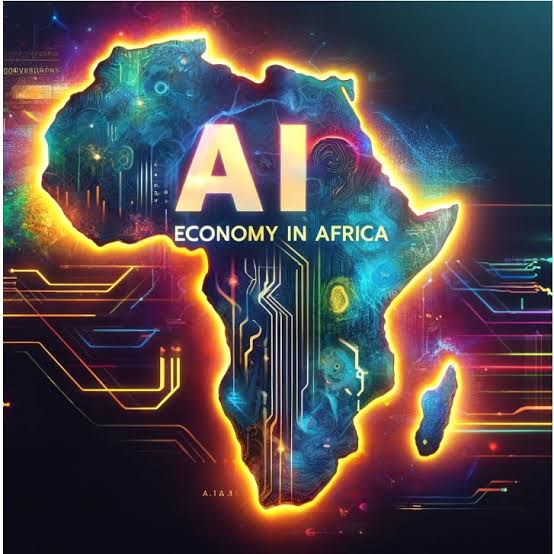
As AI reshapes Africa’s digital landscape, the continent stands at a crossroads: Will it lead innovation or remain a tes...
The Rise of AfroAnimation: How African Studios Are Telling Our Stories With Global Appeal
(26).jpeg)
African animation is breaking boundaries as studios across the continent craft vibrant, culturally-rooted stories with g...
Digital Dakar: Why Senegal Is Africa’s Next Fintech Capital

Senegal’s capital, Dakar, is emerging as Africa’s next fintech powerhouse, driven by mobile money innovations, a youthfu...
The Global South Doesn’t Need a Savior: It Needs Equity
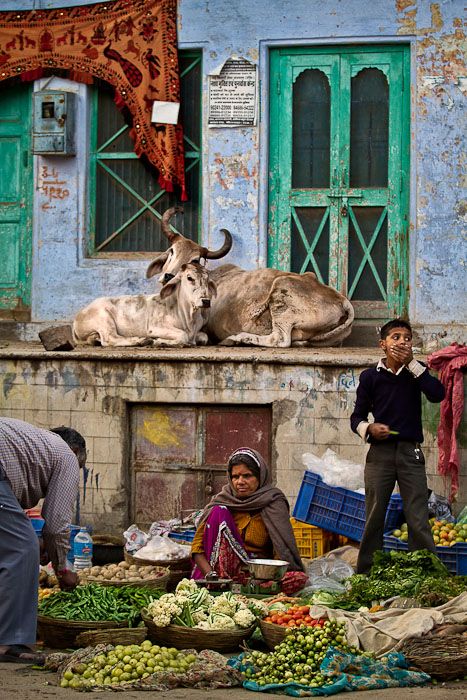
This incisive essay dismantles the outdated saviour complex, calling for a bold shift from patronising charity to genuin...
The Strangers Next Door: A New Dilemma at Africa’s Threshold
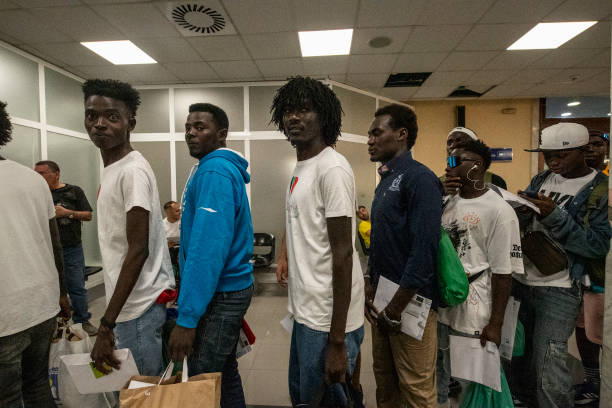
The article discusses the deportation of African nationals by the United States to eSwatini, a small southern African ki...



